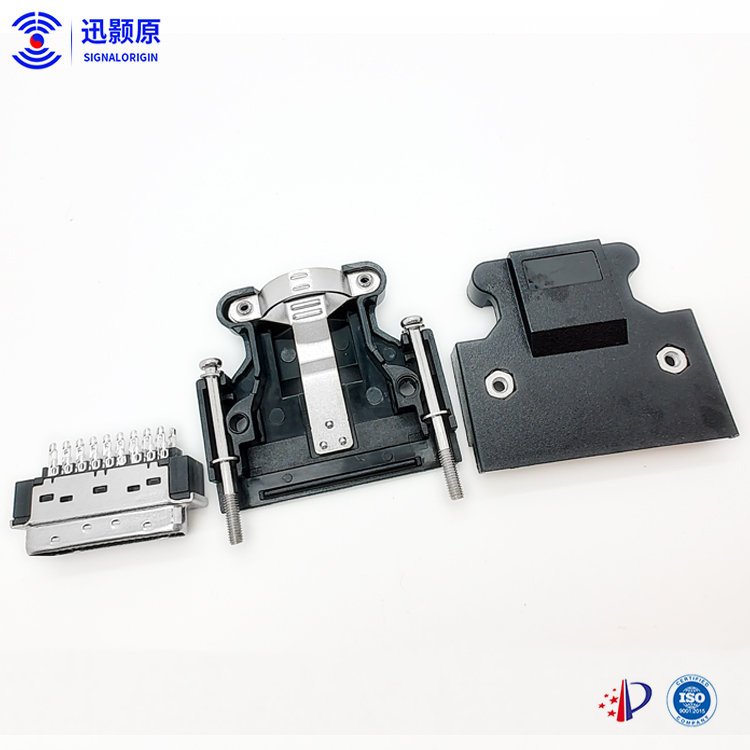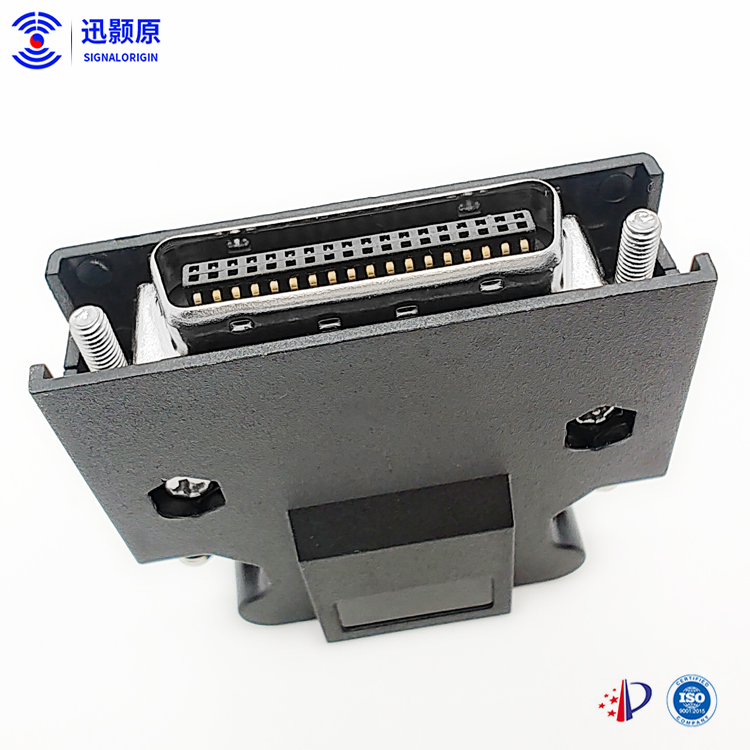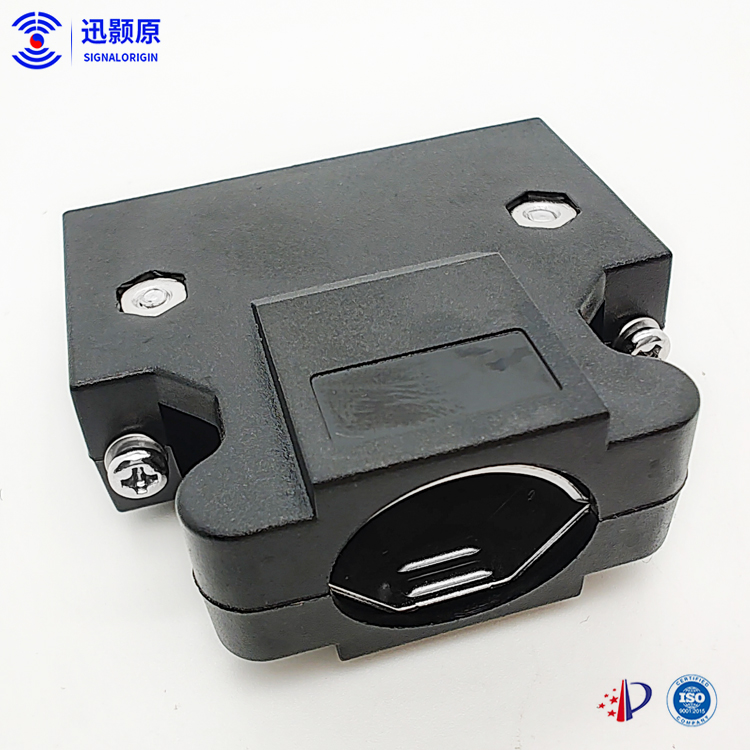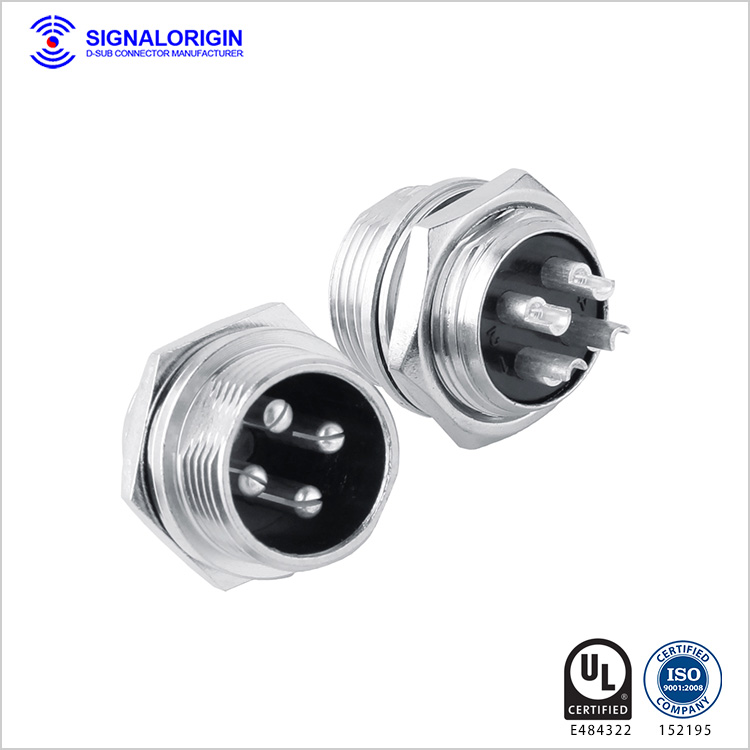1. From Legacy to Longevity
SCSI (Small Computer System Interface) connectors have been a cornerstone of data communication for over three decades. Initially developed in the 1980s, SCSI was designed to connect hard drives, scanners, and other peripherals to computers with unmatched stability. Despite the rapid evolution of data transmission technologies, SCSI connectors remain in use today, particularly in industrial automation, data storage, and server systems. Their continued relevance lies in the combination of high reliability, durable mechanical design, and consistent signal integrity.
2. Precision Engineering for Modern Needs
Modern SCSI connectors have evolved significantly from their predecessors. Today’s connectors feature enhanced shielding, improved contact plating, and compact form factors to meet the needs of high-density installations. Manufacturers have refined designs to reduce crosstalk and electromagnetic interference (EMI), ensuring stable high-speed data transmission even in complex environments. This precision engineering has made SCSI connectors a trusted choice in applications where reliability is critical—such as enterprise servers, testing equipment, and industrial control systems.
3. The Industrial Advantage
Unlike consumer-grade connectors, SCSI connectors are built for longevity. Their robust locking mechanisms and heat-resistant materials allow them to function in harsh conditions where other connectors might fail. This has led to their wide adoption in automation equipment, factory systems, and data centers that operate 24/7. Moreover, backward compatibility ensures that even as new SCSI standards emerge, older systems can still communicate effectively—offering cost efficiency and sustainability for enterprises.
4. Future Outlook: Bridging Legacy and Innovation
As the world moves toward faster, smarter, and more connected systems, SCSI connectors continue to adapt. While emerging interfaces like SAS and NVMe dominate the headlines, SCSI remains an unsung hero supporting countless legacy systems worldwide. Many connector manufacturers are now integrating hybrid solutions, combining traditional SCSI reliability with modern data protocols. This seamless integration ensures that SCSI technology will remain relevant—bridging the gap between legacy infrastructure and future innovation.




